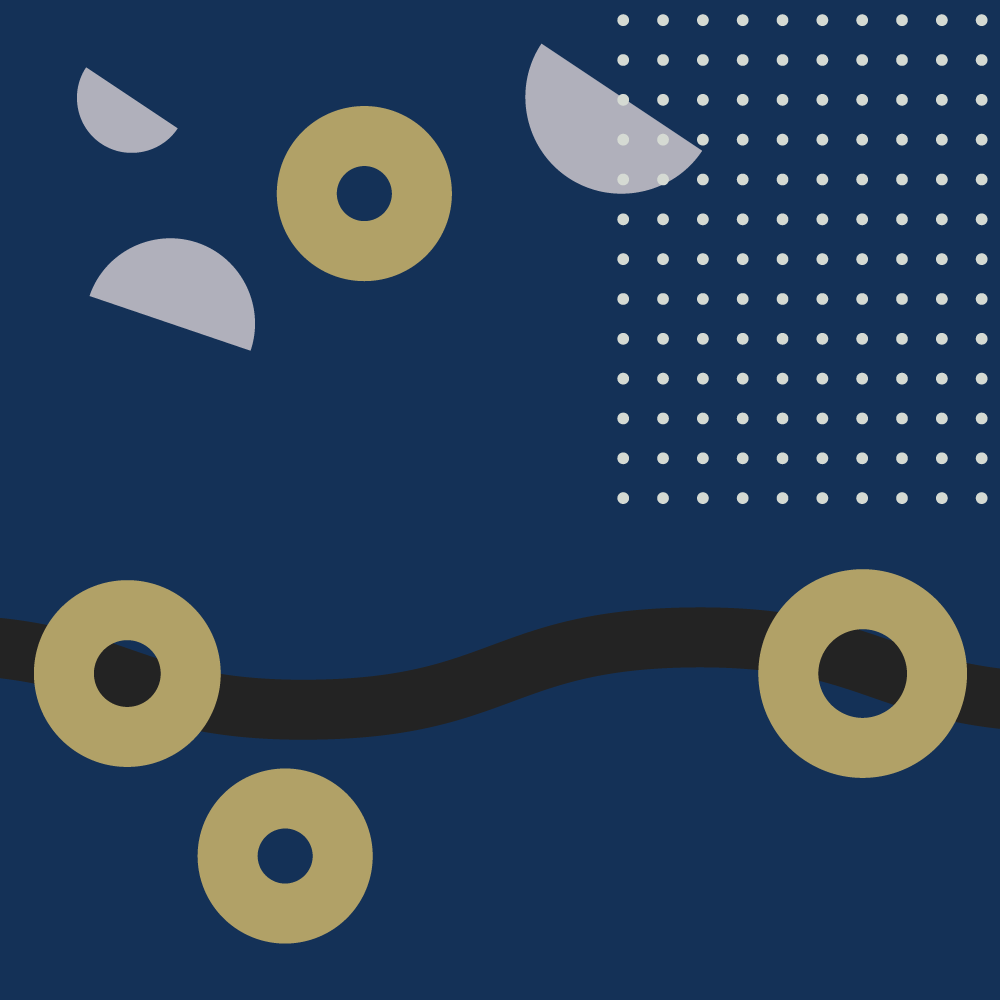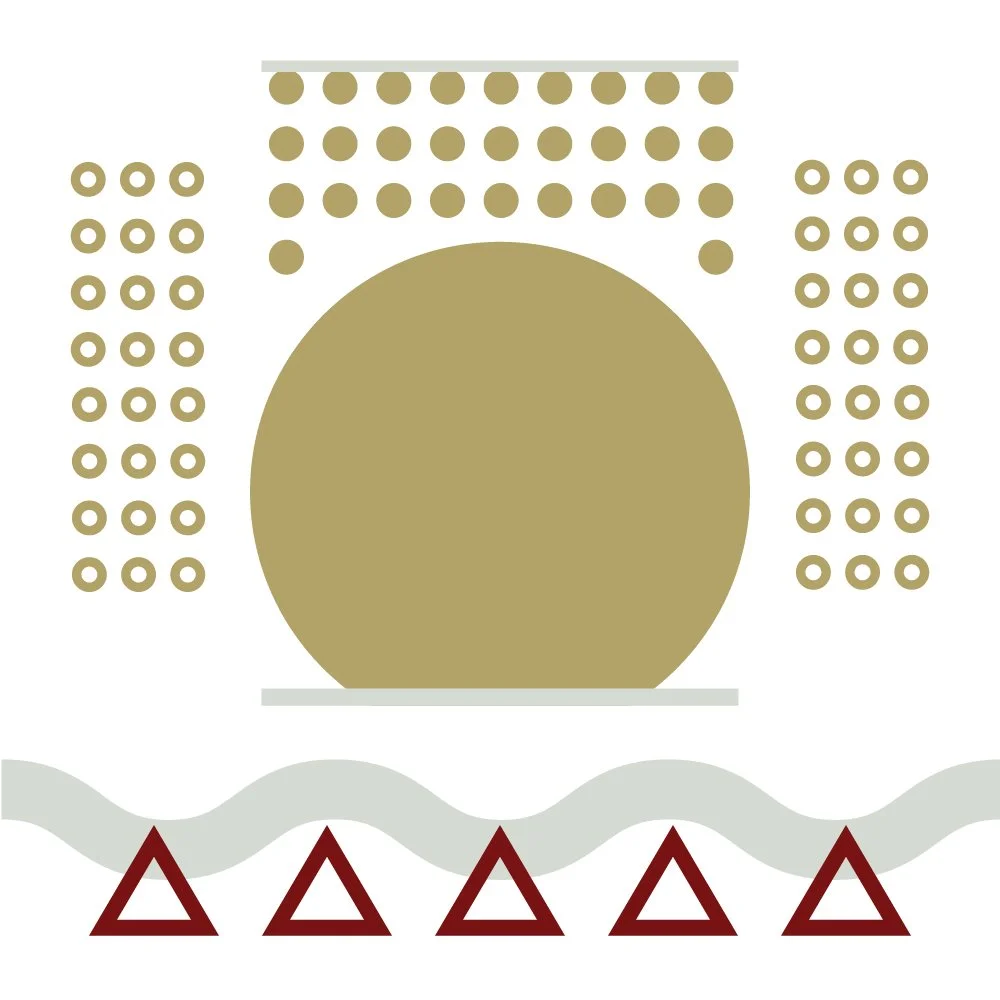
What are separations?
Take a look around you. Virtually every item that you see, from hand sanitizers to air purifiers, relies on the science of separations. Separations are processes that extract the materials we want from their raw source. Separations often take a lot of heat, energy, and resources to complete.
Our goal at the SSEC is to collaborate and innovate on sustainable, effective, and economical separations processes.
Separations account for 40-60% of the energy used in chemical processes.
Through our collaborative research efforts, we are discovering new materials and technologies that make separations more energy efficient. In addition, we are developing scalable solutions to extract carbon from the atmosphere to help address climate change.
Our projects target a wide variety of applications, from chemicals to pharmaceuticals to energy technologies.
Discover 6 separation techniques that underpin our world:
Click on a separation below to discover how it works and examples from our everyday lives.
Latest news from our center
Let’s work together
We build interdisciplinary teams of engineers and scientists from across the Georgia Tech campus, including Chemical & Biomolecular Engineering, Mechanical Engineering, Civil & Environmental Engineering, and more.
Our teams design, build, test, and characterize technologies and materials to build better separations.
Interested in carbon dioxide removal from air?
For more than a decade, Georgia Tech researchers have worked to develop materials and processes that extract carbon dioxide (CO2) from the atmosphere. With a recent spate of new awards, Georgia Tech researchers — with the support of Georgia Tech’s Strategic Energy Institute (SEI) — have launched the Direct Air Capture Center (DirACC), under the guidance of Professors Christopher W. Jones and Matthew J. Realff.
DirACC is a forum for collaborative research on negative emission technologies and direct air capture, bringing together researchers from across the Institute working in energy, sustainability, policy, and related fields.












